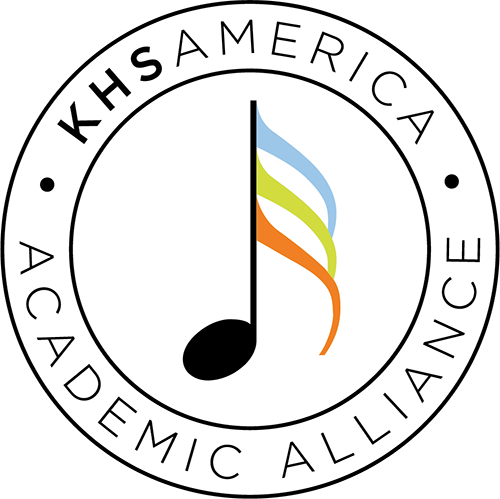There are four primary components to successful music advocacy.
- A comprehensive Music Coalition
- A unified body of Music Educators
- Detailed knowledge of the function and process of decision-making in the local school district
- Collection and interpretation of the right data for making proposals
The most important of the four elements is the comprehensive Music Coalition. Unfortunately, most of these organizations are structured only as a band-boosters fund-raising body; but the possibilities are far greater. Of great benefit to the successful music program in any district is the political power that is available with much broader representation and a diversity of responsibilities. The most effective coalitions have the following characteristics.
- They represent every area of the music curriculum, often with children from the same family in various components of the music program.
- They represent every educational level in the school district, often with children from the same family in elementary, middle and/or high school.
- They represent every school in the district, providing a broad base of political support and communication.
- They are a single body, with sub-divisions for each area of the music curriculum.
Responsibilities that can be handled by the Music Coalition can be of great assistance to the music teacher, freeing them from many non-teaching responsibilities that can detract from time that could otherwise be spent with student needs. These include the following possibilities.
- Publishing a regular music newsletter on music activities in the district
- Maintaining a music department website
- Representation at all meetings of the board of education, including presentation of proposals for the music department
- Assisting in the development and support of a district-wide policy on the right of every student to participate in the music program at all levels
- Recruiting and supporting potential members of the school board, and holding them accountable for maintaining a comprehensive music curriculum.
“There is no single body more capable of raising rapid political support than a well-organized music coalition.” – Superintendent of Schools
[1] Includes excerpts from Benham, John L., Music Advocacy: Moving from Survival to Vision, Rowman & Littlefield, 2011.
About the Author
JOHN BENHAM is author of Music Advocacy: Moving from Survival to Vision. His area of expertise is building, saving, and restoring music programs. His background includes over 30 years as a music teacher from grade 5 through the university. In addition he is the proprietor of his own music instrument repair business and has served two terms as a school board member.His personal knowledge and experience provide unique understanding to help you go before a school board and administration with language they understand and methods that work. He has taken his message from coast to coast in the United States and Canada. His methods are responsible for building, saving and restoring over $74 million in budgetary funds in music, leading to the restoration of over 2,000 teaching positions and the continuation of music programs for over 500,000 students.In addition to his work as consultant, he has been featured as a speaker at state conferences, and national conventions of the Music Educators National Conference, the Canadian Music Educators Association, the Canadian Bandmasters Association, the American String Teachers Association, the National Association of Music Merchants (for the National Association of Band Instrument Manufacturers) and the National Association of School Music Dealers. He is a member of the ACDA and ASTA advocacy committees. He is a primary contributor to “Counterpoint” and the “Music Advocates Toolkit” available at www.supportmusic.com. His successes in saving school music programs have been documented in the “Music Educators Journal”, “Music, Inc.”, the “Wind Instrument Retailer”, and the “Instrumentalist”. He is the recipient of the state and national “Distinguished Service Award” by the Minnesota Music Educators Association in 1994, and the Music Educators National Conference in 1998. In 2003 he was elected to the inaugural class as a Lowell Mason Fellow by MENC for his efforts in music advocacy. In 2010 the American String Teachers Association presented him with the National Advocacy Award. In 2012 he was awarded the National Citation from Phi Mu Alpha Sinfonia
The content of this Blog article or Banded Story is the intellectual property of the author(s) and cannot be duplicated without the permission of KHS America and/or the author(s). Standard copyright rules apply.


 We look forward to the evolution of this exciting program, and welcome feedback on how we can further enhance the work that you do in music education.
We are excited to offer your program the opportunity to join the KHS America Academic Alliance today.
We look forward to the evolution of this exciting program, and welcome feedback on how we can further enhance the work that you do in music education.
We are excited to offer your program the opportunity to join the KHS America Academic Alliance today.